A Motorways of the Sea Project
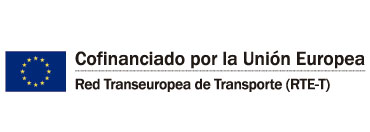
Objectives of Project
The “IBUK – Intermodal Corridor” Action was part of the global strategy for the improvement of modal shift to enable the increased efficiency and volume of freight flows between the Iberian Peninsula and the United Kingdom leading to modal shift.
Its aim was to create greater capacity within the Motorways of the Sea Western Europe Region by implementing improvements along a corridor connecting the Iberian Peninsula to the United Kingdom using different modes of transport, primarily rail and sea. The strategy aimed to eliminate the bottlenecks within the existing road freight route between Spain and the UK by developing a corridor-using rail and sea freight as the primary movement options as opposed to road movements across the Pyrenees, through France and across the English Channel to the UK.
The “IBUK – Intermodal Corridor” expects to achieve an average annual modal shift of around 225,000,000 tkm from road to short sea over the period 2010-2025, This uses a baseline of units moved in 2010 of 13 450 units increasing by 5% p.a. As a result of this modal shift CO2 emissions per freight unit will decrease from 4.2 tkm (by road) to 0.6 tkm (road, rail and sea).
This Motorway of the Sea project supported the following developments three core activities: 1) Rail connection infrastructure for the “TELOF” in El Prado, Spain, 2) Infrastructure at the Port of Tilbury and 3) Intermodal corridor Community System.
Funding of the Motorways of the Sea
The two partners in this Motorways of the Sea project were the Port of Tilbury London ltd and the Port of Bilbao Authority. The indicative funding* for the project activities were as follows:
Activity 1 – Port Railway Logistics Terminal (TELOF) of the Port of Bilbao on the Plateau (EU financial support 20%) Actual Costs € 13,883,676 indicative EU Funding Contribution € 2,480,277
Activity 2 – Port of Tilbury Infrastructure Capacity Building (EU financial support 20%) Actual Costs €18,528,116** indicative EU Funding Contribution € 3,705,624
Activity 3 – Intermodal Corridor Community System (EU financial support 50%) Actual Costs € 2,226, 198 indicative EU Funding Contribution €1,113,099**
Total financials for IBUK-Intermodal Corridor – Actual Costs € 34,637, 90 EU Funding Contribution €7,299,000
* Subject to INEA final review and approval of finances
**Indicative amount in EUR subject to appropriate exchange rates with GBP
Results
1) Rail infrastructure for the “TELOF” in El Prado, Spain, improvement the intermodal connectivity to the Port of Bilbao from the Spanish hinterland (Activity 1).
This Activity created an “open user” Port-Railway logistics terminal – “TELOF” – in the Spanish hinterland at El Prado, Pancorbo in the Miranda de Ebro Area of Spain, which is about 100 km from Bilbao.
This site, owned by the Port of Bilbao, will be an intermodal node for the consolidation and management of the rail freight operations by creating “multi-customer shuttle” trains to enable more customers to use the Miranda-Port of Bilbao railway line.
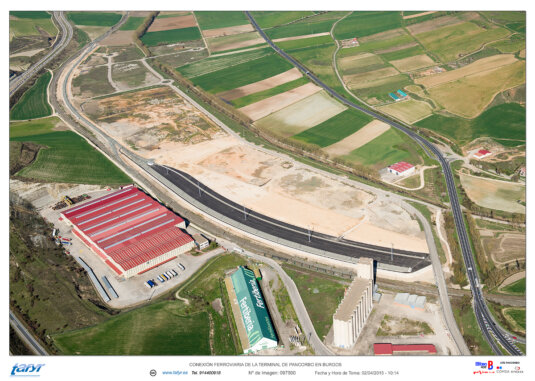
2) Infrastructure at the Port of Tilbury to ensure efficient handling of freight to meet demands for a fast, efficient and reliable Motorway of the Sea corridor (Activity 2).
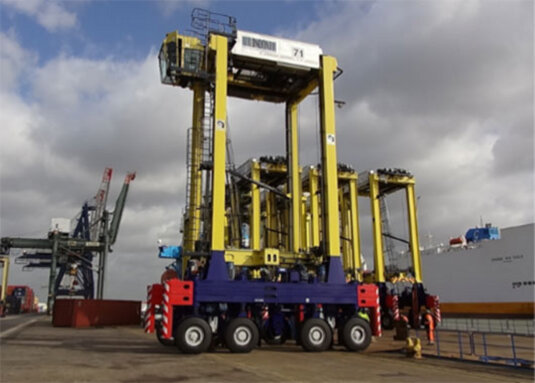
This activity supported the efficiency at the port of Tilbury by co- funding two new Ship to Shore Cranes, six Straddle Carriers and the supporting terminal infrastructure.
Following the tender procedures the Ship to Shore Cranes contract was awarded to a Spanish Company based in Bilbao. The cranes were constructed on the quay at the Port of Bilbao and shipped from there to the Port of Tilbury, and this supported the growing cooperation between the two Ports on this Motorways of the Sea.
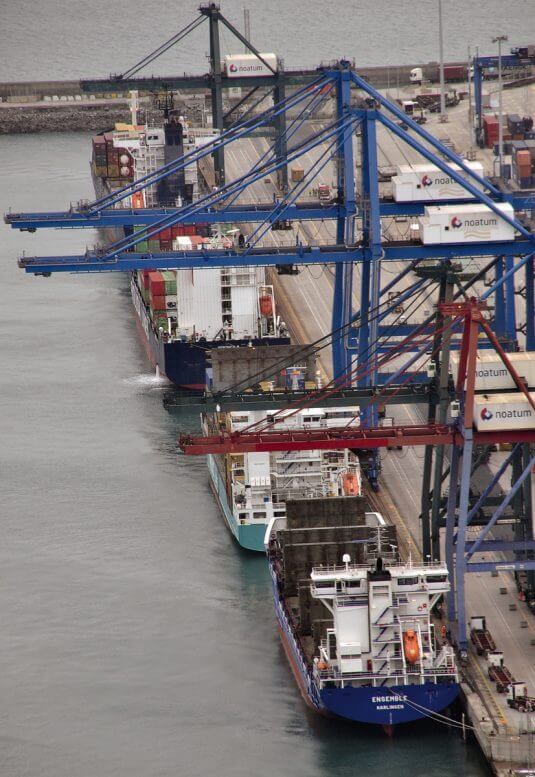
3) The development of an innovative Information Technology system – the ICCS – to provide for seamless electronic interchanges between all the stakeholders using and operating in the corridor (Activity 3).
The Intermodal Corridor Community System (ICCS) was a Pilot Activity managed jointly by the beneficiaries. The activity was split into 3 sub-activities with the final sub-activity being reliant on the successful implementation of the previous two sub-activities.
In order to increase the transparency for stakeholders and to develop the pilot it was agreed that there would be two services offered to users:
- Port Calls, where a user is able to request information electronically on Vessels use different search criteria.
- Shipments Information where a user could request information electronically by submitting container number with Billing of Lading or booking number.
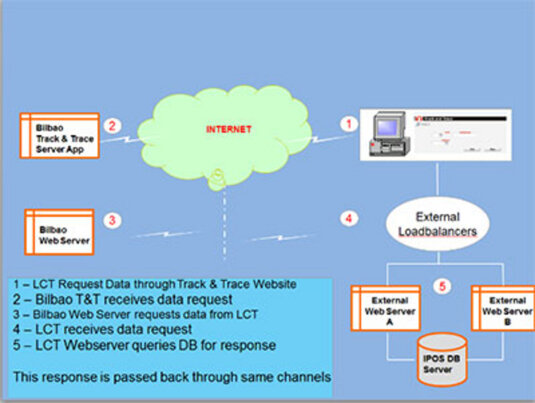
From a proof of concept point of view the above development has been a success, proving that the two systems can in-fact interface with each other with query requests being returned back to Bilbao from Tilbury. All data is gathered from the live running systems. The technology utilised for message communications is both proven and scalable.
The Port of Bilbao has extended this pilot to include the Port of Barcelona, Port of Antwerp, Port of Rotterdam, Port of Felixstowe and also links to the Port Community System in Israel and to a PCS operator in Australia called 1-Stop. The International Port Community Systems Association is piloting this wider initiative through its membership and will be looking to improve the pilot and where appropriate seek further EU funding support.
For further information on this project please, in the first instance, contact the project manager:
Richard Morton, Managing Director Jura Associates Ltd, richard@juraassociates.com
INEA Project reference: Reference 2011-EU-21009-M
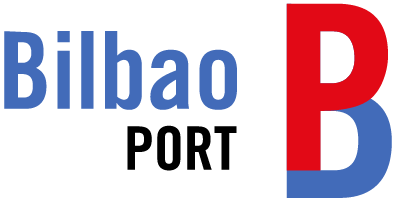
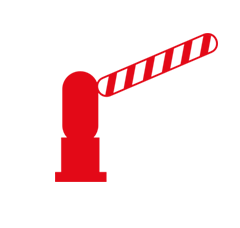 Port access
Port access